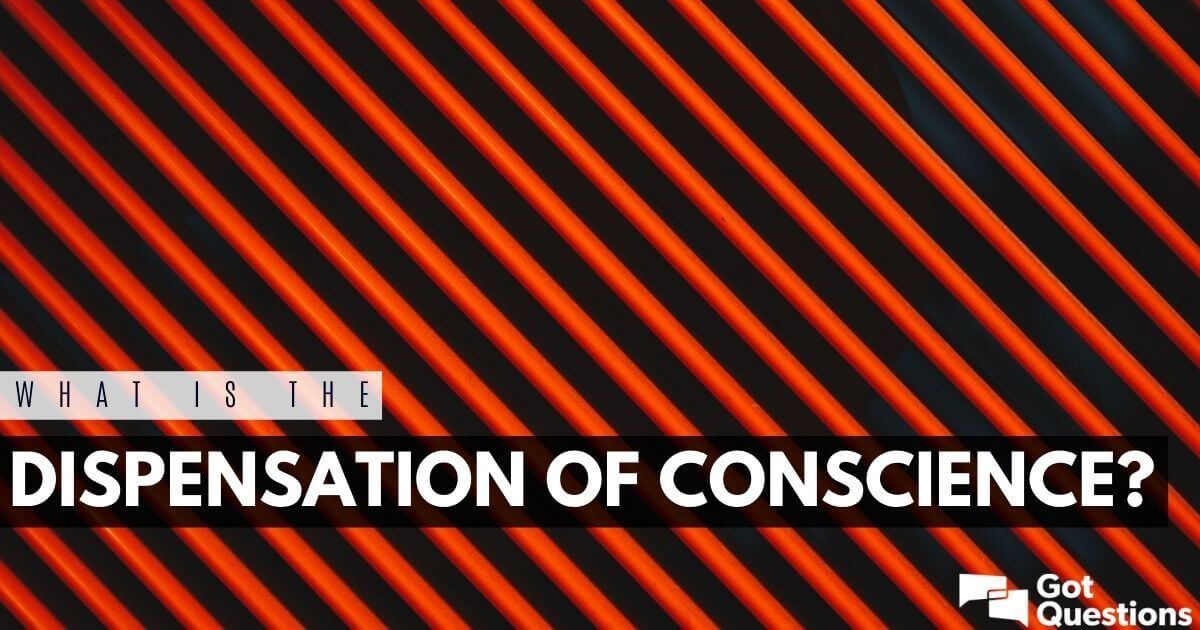God already tried not having a law to govern society. It ended in Him destroying the world and wiping out all humanity in the Flood, save eight people.
It's why the period from Genesis 3:23 to Genesis 8:19 is called the dispensation of conscience, because there was no law, and people acted according to their consciences. It ended up being a disaster, one so bad that God even regretted making man, and had to destroy the earth.
What is the dispensation of Conscience? What are the important aspects of the dispensation of Conscience?
gotquestions.org
Yes, Tambora. Authority has a natural flow. It naturally flows downhill, from God, through governing officials to civilians, and from parents to children.
God, in the law He gave to Moses, specified that the King was under the law.
| - The Books of Moses teach that no king is above the law: Common to the world's ancient pagan empires, their king stood above the law. Yet Moses records God commanding that even the king must obey the law. Ironically, many conservatives have attributed to pagan Solon of Athens the first pronouncement of this truth that even government leaders are not above the law. However, 1,000 years before Solon, the fifth book of Moses taught of a king that: "when he sits on the throne of his kingdom, that he shall write for himself a copy of this law... [which included Do not murder, Do not steal, and Do not commit perjury, 5:17-20] and he shall read it all the days of his life, that he may learn to fear the Lord his God and be careful to observe all the words of this law and these statutes, that his heart may not be lifted above his brethren, that he may not turn aside from the commandment" (Deuteronomy 17:18-20). So the skeptic has to claim that this central truth for civilization, that no one is above the law, just coincidentally appears in this irrelevant and mythological text about Moses. |

kgov.com
No, it's not what I'm promoting.
I said that there was no HUMAN who was in a position of authority above David (for he was the king) to punish him for his crime.
That doesn't mean that David was above the law. It means that he could not be punished by any humans. That's why God dealt with Him.
No one in authority is above the law. A person in authority may act as if they are above the law, but in reality, he will ultimately be held accountable to the law he subverts.
And thus, while according to the law, David should have been put to death, no one could legally do so, for that would necessarily imply that they were in a position of authority above David, who was the king.
Good thing I didn't say anything that would indicate David being above the law then.
David wasn't killed (as he should have been, according to the law). But he was still punished.
Oversimplification seems to be your problem here.
There was far more going on with David's crime than you're seemingly willing to consider.
I'm not the one who said the punishment for David was that his son would die, Tam. The prophet Nathan is the one who conveyed to David what God said:
Now therefore, the sword shall never depart from your house, because you have despised Me, and have taken the wife of Uriah the Hittite to be your wife.’
Thus says the Lord: ‘Behold, I will raise up adversity against you from your own house; and I will take your wives before your eyes and give them to your neighbor, and he shall lie with your wives in the sight of this sun. For you did it secretly, but I will do this thing before all Israel, before the sun.’ ” So David said to
Nathan, “I have sinned against the Lord.”And
Nathan said to David, “The Lord also has put away your sin; you shall not die.
However, because by this deed you have given great occasion to the enemies of the Lord to blaspheme, the child also who is born to you shall surely die.”
Now therefore, the sword shall never depart from your house, because you have despised Me, and have taken the wife of Uriah the Hittite to be your wife.’ Thus says the Lord: ‘Behold, I will raise up adversity against you from your own house; and I will take your wives before your eyes and give...

www.biblegateway.com
Now, needless to say, but I'll make it clear anyways:
I am NOT saying that God was punishing the child for David's sin. That would be unjust.
No, God's taking of the child was God's intent to punish David, and a mercy to the child, especially considering the other punishments God sentenced David to, being that David's house would never see peace again, and that he would be publicly shamed for his private sin.
In an honor-based culture, such as ancient Israel, there were some things that were worse than death, such as public humiliation.
David did not get off easy.
Why did God punish David and Bathsheba’s innocent child with death? Why didn’t He put David and Bathsheba to death instead?
gotquestions.org
To bring this back on topic, the death penalty remains an important part of the foundation of society.

kgov.com




